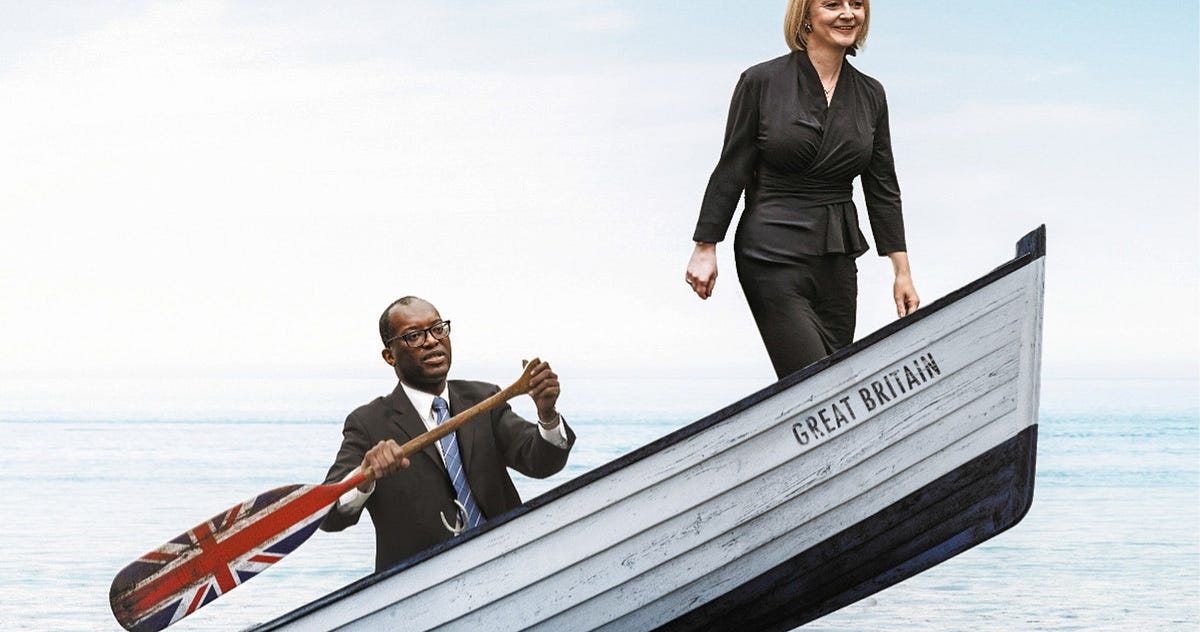WTF is she on about? Shows their priorities and their views on the Arts - Harry Potter has probably done as much if not more for our economy than construction
What a fucking moron.
A few weeks back, I read the US philosopher Martha Nussbaum's
Not for Profit : Why Democracy Needs The Humanities. It was published in 2010 but her observations are still relevant. This is from the blurb on the back cover:
‘We increasingly treat education as though its primary goal were to teach students to be economically productive rather than to think critically and become knowledgeable and empathetic citizens. This shortsighted focus on profitable skills has eroded our ability to criticize authority, reduced our sympathy with the marginalized and different, and damaged our competence to deal with complex global problems.’
Of course, politicians like Jenkyns actually
fear education. In the words of Nussbaum, they will, for example,
‘not want a study of history that focuses on injustices of class, caste, gender, and ethnoreligious membership, because this will prompt critical thinking about the present.‘
The same goes for economic history. They won't want undergraduates discovering that there are no uncontested examples of supply-side economics ever having worked anywhere at any time.
And what is ironic is that, in the USA at least, some educators actively encourage students to pursue an educational programme that is broad based, in order to promote the skills of logical and lateral thinking that support the innovation and independent thinking that is so vital to business. For this reason, many American companies still prefer to employ liberal arts graduates rather than those who have undergone a narrower training.
Nussbaum's book concludes with a review of the state of the humanities in secondary and higher education in various parts of the world.
How does the UK fare comparatively? Significantly, she laments that ‘
the worst case by far is Britain‘ but seems unsurprised, observing that even in Victorian times, John Stuart Mill had noted (in his inaugural address as rector of St Andrews University) that the English had already adopted a narrowly instrumental view of higher education, one that he attributes to a combination of
‘two influences which have chiefly shaped the British character since the days of the Stuarts: commercial money-getting business, and religious Puritanism. Business, demanding the whole of the faculties, and, whether pursued from duty or the love of gain, regarding as a loss of time whatever does not conduce directly to the end; Puritanism, which looking upon every feeling of human nature, except fear and reverence for God, as a snare, if not as partaking of sin, looked coldly, if not disapprovingly, on the cultivation of the sentiments.’
In other words, a toxic blend of commercialism (which regards education as merely instrumental, a means to an end) combined with a straitlaced refusal to acknowledge the rich emotional life that is constitutive of our inner world, one that the arts can help to illuminate, was having a stultifying effect on university education south of the border.
Overall, though especially since the Thatcher era, Nussbaum concludes that not much has changed and no other country has been quite so aggressive in its devaluing of the humanities.
In summary, what we need more of are young people who - whether they go to university or not - receive an education that broadens their horizons so that they don't turn out to be as militantly and unimprovably stupid as Jenkyns.

eand.co

